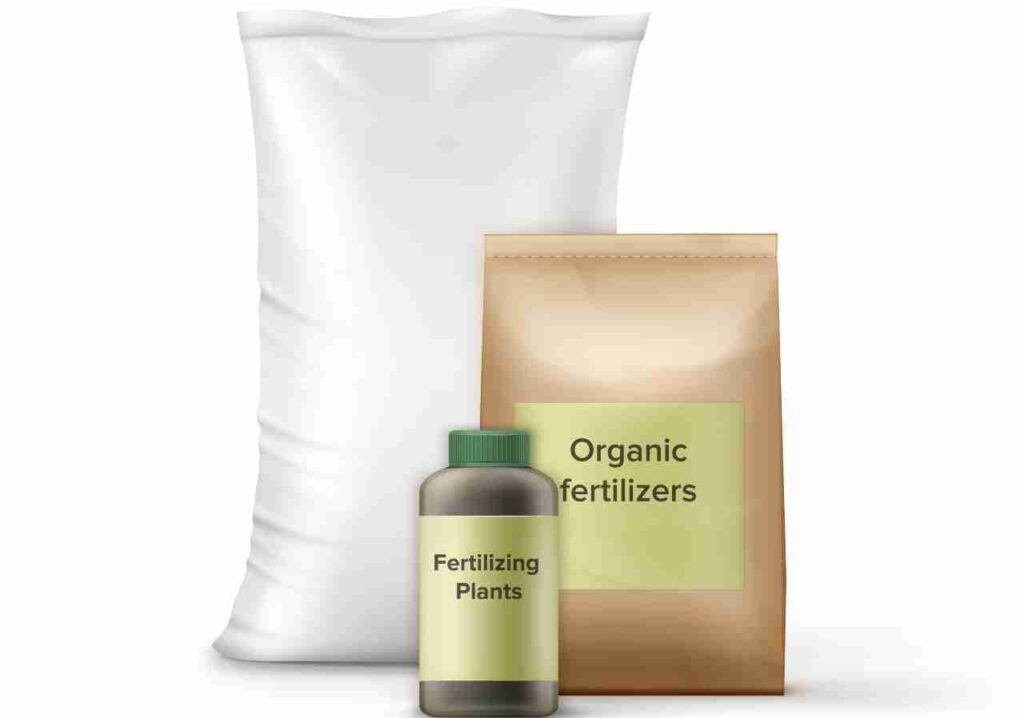Phosphorus is a crucial mineral in retaining usual fitness and well-being. Regularly overshadowed by different vitamins, this mineral is instrumental in various bodily features, contributing substantially to bone health, power metabolism, and cell shape.
Content

What Is Phosphorus?
Phosphorus is found abundantly in the frame, usually inside bones and teeth. It exists in numerous paperwork, with phosphate being the most commonplace. This mineral is acquired through certain meals, particularly dairy products, meat, fish, nuts, and legumes. In bodies, almost 85% of phosphorus is stored in bones, aiding bone mineralization and imparting structural support.
The Role of Phosphor in the Body
1. Bone health: Phosphorus is a critical factor of bone mineralization, operating hand-in-hand with calcium to hold bone density and energy. , phosphorus intake is vital for stopping situations like osteoporosis.
2. Energy Metabolism: Phosphorus participates in the production and storage of power inside the shape of ATP (adenosine triphosphate). ATP is cells’ number one strength service, facilitating various metabolic processes and offering the ability to perform physical functions.
3. Cellular Structure and Function: Phosphorus is an essential component of DNA and RNA, the genetic building blocks of cells. It contributes to mobile membrane shape and stability, which is vital in cellular signalling and communication.
4. Kidney Function: The kidneys regulate Phosphorus tiers, ensuring a balance inside the body. Kidneys assist in excreting extra phosphorus, preserving optimal levels and preventing headaches.
Understanding Phosphor Deficiency and Excess
– Deficiency: inadequate phosphorus consumption can cause signs and symptoms like weak bones, fatigue, lack of appetite, and irregular breathing. Extended deficiency might also result in bone-associated illnesses and impaired growth in kids.
– Excess: While rare, excessive phosphorus intake, often through supplements, can disrupt calcium balance in the body, leading to decreased bone density and increased risk of cardiovascular issues.
Recommendations and Sources of Phosphor
The advocated daily Phosphor intake varies by age and gender, commonly ranging from seven hundred to one hundred 250 mg for adults. It’s usually comfortably available in a balanced weight-reduction plan and can be acquired from ingredients including:
– Dairy products: Milk, cheese, and yoghurt
– Meat and Fish: beef, pork, bird, salmon, and tuna
– Nuts and Seeds: Almonds, peanuts, sunflower seeds
– Legumes: Lentils, beans, chickpeas
– Entire grains: Brown rice, whole wheat bread, oats

How to Ensure a Balanced Phosphor Intake
Maintaining an optimal balance of Phosphor in your diet involves making mindful food choices and being aware of Phosphor-rich sources. Here are some tips to help manage your phosphorus intake:
1. Eat a Varied Diet: include numerous foods to ensure you get a combination of vitamins, such as Phosphor. Various meal selections also can save you monotony for your food.
2. Read Food Labels: Monitor food labels to identify Phosphor content in packaged foods. This is particularly important if you’re monitoring phosphorus intake due to health concerns.
3. Limit Processed Foods: Processed and fast foods often contain high Phosphor additives. Decreasing the consumption of those meals can help manipulate phosphorus tiers.
4. Consult a Healthcare Professional if you have unique health situations or dietary regulations and seek steering from a healthcare issuer or a registered dietitian to tailor your food plan.
5. Monitor Phosphorus Supplements: If prescribed Phosphor dietary supplements, observe the recommended dosage furnished with the aid of your healthcare professional. Avoid self-prescribing supplements without professional recommendations.
Addressing Common Misconceptions About Phosphor
Myth: Phosphorus deficiency is rare.
Reality: While less common than other deficiencies, inadequate Phosphor intake can occur, particularly in individuals with specific dietary restrictions or health conditions.
Conclusion
Phosphor , often underrated, is a vital nutrient essential for overall health. Its role in the body is significant, from supporting bone strength to aiding energy production and cellular function. While ensuring an adequate intake is crucial, maintaining a balance is equally important to prevent adverse effects.
By embracing a well-rounded diet that includes phosphorus-rich foods and being mindful of intake levels, you can harness the benefits of this essential mineral while safeguarding your health.
Always remember that personalized nutritional advice from healthcare professionals can provide tailored guidance to meet your needs. Embrace a balanced approach to nutrition, and let Phosphor play its part in your journey toward a healthier you!
Frequently Asked Questions (FAQs) about Phosphor:
1. Can I get enough Phosphor from a balanced diet alone?
Absolutely! A well-balanced diet rich in dairy, meat, nuts, and legumes can provide sufficient Phosphor for most individuals.
2. Are there any risks associated with Phosphor supplements?
Immoderate intake of Phosphor supplements can disrupt the body’s calcium balance, probably leading to fitness headaches. It’s critical to consult a healthcare professional before taking any supplements.
3. How does Phosphor impact bone health?
Phosphor works in conjunction with calcium to maintain bone strength and density. Adequate levels of both minerals are crucial for optimal bone health.
4. Can Phosphor deficiency be reversed?
In many cases, adjusting the diet to include Phosphor-rich foods can help reverse a deficiency. However, severe shortages might require medical intervention.
5. What are the best sources of Phosphor for vegetarians?
For people following a vegetarian diet, resources like nuts, seeds, legumes, and entire grains can provide tremendous amounts of phosphorus.
More How to Design a Small Garden : Beautiful Garden




